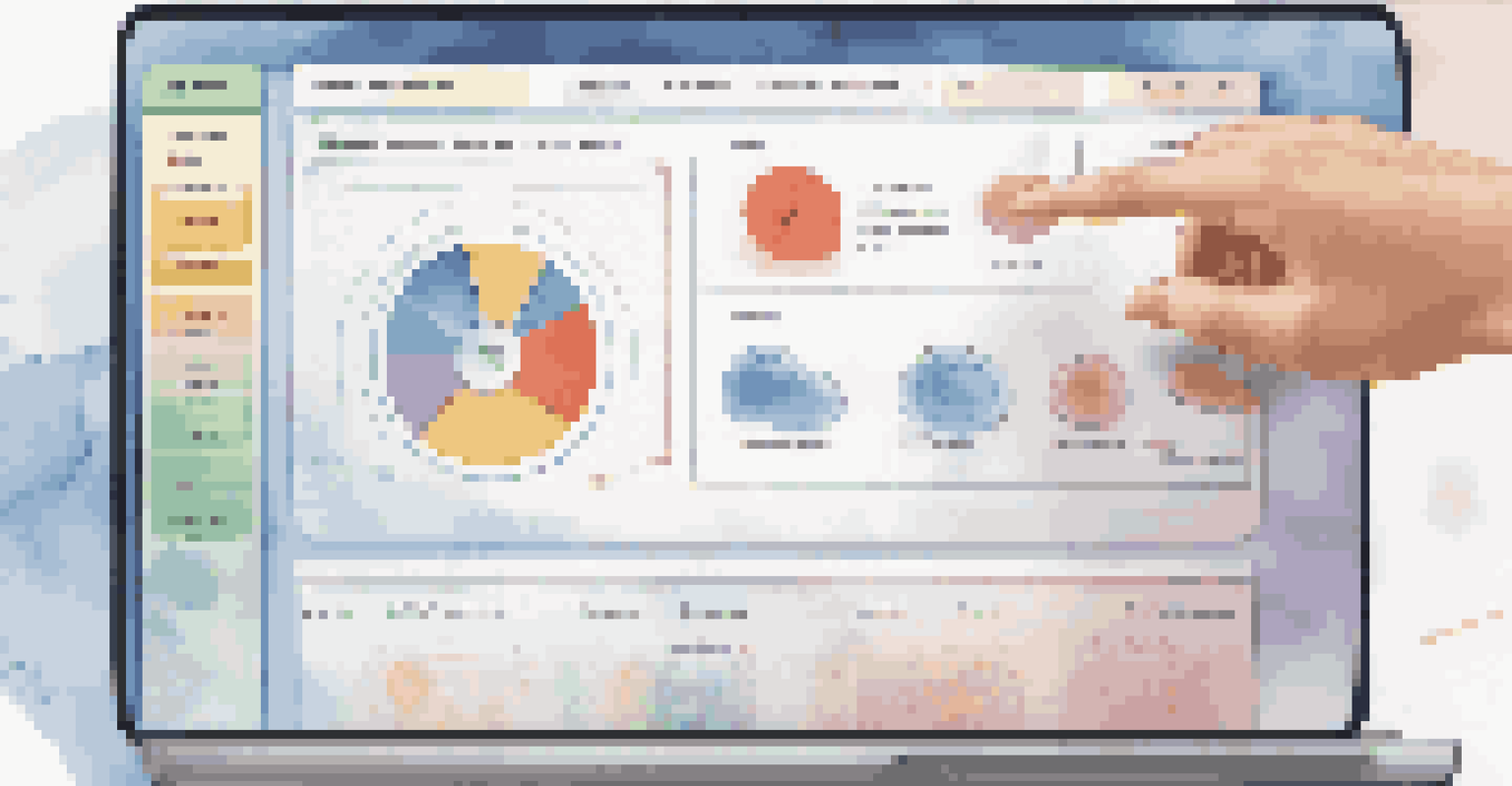Utilizing Learning Management Systems to Enhance Teaching

What is a Learning Management System (LMS)?
A Learning Management System (LMS) is a software application that helps educators manage, deliver, and track educational courses online. It serves as a centralized hub where both instructors and students can access course materials, assignments, and resources. Think of it as a virtual classroom that transcends physical boundaries, enabling learning anytime and anywhere.
Education is the most powerful weapon which you can use to change the world.
With an LMS, teachers can create a more engaging learning experience by integrating multimedia elements like videos, quizzes, and interactive assignments. This variety keeps students motivated and caters to different learning styles. Just like a well-stocked toolbox, an LMS offers a range of tools that can be customized to fit the unique needs of each classroom.
Moreover, these systems are designed to streamline administrative tasks, such as grading and attendance tracking, freeing up valuable time for educators to focus on teaching. By using an LMS, instructors can enhance their productivity, allowing them to dedicate more energy to fostering student engagement and success.
The Role of LMS in Personalizing Learning
One of the standout features of an LMS is its ability to personalize the learning experience for students. With adaptive learning technologies, these systems can analyze individual progress and tailor content accordingly. This means that students receive resources and assignments that match their skill levels, much like a tailor crafting a suit to fit perfectly.

This personalized approach not only helps students grasp concepts more effectively but also boosts their confidence as they see their own progress. Imagine a student who struggles with math concepts; an LMS can provide additional resources specifically targeted to their needs, making the learning process less daunting.
LMS Enhances Learning Experience
A Learning Management System (LMS) integrates multimedia tools and personalized content to create engaging and effective educational experiences.
By allowing for differentiated instruction, an LMS empowers educators to meet the diverse needs of their students. This ability to adapt and cater to individual learning preferences ensures that no student is left behind, fostering an inclusive educational environment.
Enhancing Collaboration through LMS Features
Collaboration is key in any educational setting, and Learning Management Systems excel at facilitating this. Through discussion forums, group projects, and shared resources, students can connect and collaborate regardless of their physical location. Think of it as a digital roundtable where ideas can be exchanged freely and creatively.
Technology is best when it brings people together.
Instructors can also use these collaborative tools to foster a sense of community among students. Group assignments and peer reviews not only encourage teamwork but also help students learn from one another’s perspectives. Just as a band harmonizes different instruments to create beautiful music, collaborative learning through an LMS can lead to richer educational experiences.
Additionally, many LMS platforms include real-time communication tools, such as chat functions and video conferencing. This further enhances collaboration by allowing for instant feedback and interaction, making it easier for students to reach out for help or share ideas.
Tracking Progress and Providing Feedback
Another significant advantage of using an LMS is the ability to track student progress seamlessly. These systems provide educators with valuable insights into how students are performing through analytics and reporting features. This data is like a roadmap, guiding teachers on how to support their students more effectively.
With the ability to monitor completion rates, quiz scores, and participation levels, instructors can identify areas where students may be struggling. This proactive approach enables educators to offer timely feedback and additional resources, ensuring that students stay on track and engaged.
Collaboration and Community Building
LMS platforms facilitate collaboration through discussion forums and group projects, fostering a sense of community among students regardless of physical location.
Moreover, many LMS platforms allow for personalized feedback directly within the system. This means that students can receive constructive criticism and encouragement in real-time, which is crucial for their growth and motivation.
Creating Engaging Course Content with LMS
Creating engaging course content is essential for keeping students interested. Learning Management Systems provide a plethora of tools to help educators design dynamic courses that captivate learners. From interactive quizzes and multimedia presentations to gamified elements, an LMS can transform traditional lessons into exciting adventures.
For instance, educators can incorporate videos and podcasts to explain complex topics, making learning more relatable. Just like a good story captivates an audience, engaging content can draw students in, making them eager to learn.
Additionally, many LMS platforms allow for easy updates and revisions to course materials. This means that instructors can keep their content fresh and relevant, adapting to current trends and student interests, much like how a chef experiments with seasonal ingredients to create delightful dishes.
Facilitating Continuous Learning and Development
Learning doesn’t stop in the classroom, and an LMS encourages continuous education even after formal classes end. With on-demand resources and courses available at their fingertips, students can explore topics of interest at their own pace. Imagine having a library of knowledge available 24/7, ready to be accessed whenever curiosity strikes.
Instructors can also use LMS platforms to offer professional development opportunities for themselves. From attending webinars to accessing the latest research in their field, educators can enhance their skills and knowledge continuously, which ultimately benefits their students.
Continuous Learning Opportunities
LMS encourages lifelong learning by providing on-demand resources and professional development opportunities for both students and educators.
This commitment to lifelong learning fosters a culture of curiosity and growth, encouraging both students and educators to embrace new knowledge and skills as part of their educational journey.
Overcoming Challenges with LMS Implementation
While the benefits of Learning Management Systems are abundant, implementing them can come with challenges. Resistance to change is common among educators who may be accustomed to traditional teaching methods. It’s essential to approach this transition thoughtfully, just as one would navigate a winding path to ensure a smooth journey.
Adequate training and ongoing support are crucial for successful LMS adoption. Providing educators with the necessary resources and guidance can help alleviate fears and build confidence in using technology effectively. Think of it as a safety net that allows them to take bold steps into the digital world.

Additionally, addressing technical issues promptly can prevent frustration and setbacks. By fostering a supportive environment where educators feel empowered to seek help, institutions can ensure that their transition to an LMS is as seamless as possible.
Looking Ahead: The Future of Teaching with LMS
As technology continues to evolve, so too will Learning Management Systems. The future of education is likely to be increasingly digital, with innovations like artificial intelligence and virtual reality enhancing the learning experience. Imagine a classroom where students can explore historical events through immersive simulations—all made possible by advanced LMS technology.
Moreover, the integration of social learning features could further enhance collaboration and engagement. By connecting learners with peers and experts around the globe, students can gain diverse perspectives and experiences that enrich their education.
Ultimately, the goal of utilizing an LMS is to create a more effective and engaging learning environment. By embracing these technological advancements, educators can pave the way for a brighter future in teaching, one where every learner has the opportunity to thrive.